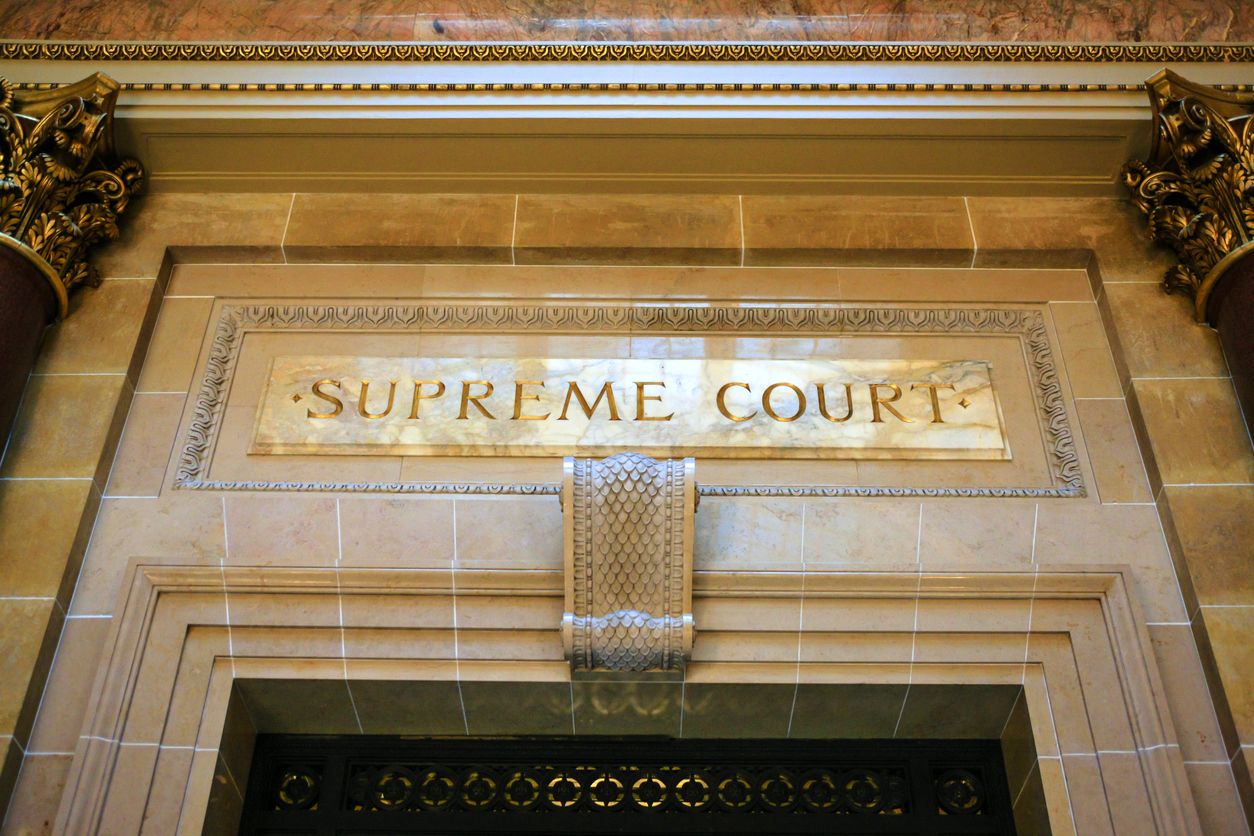The April 1 election for the Wisconsin Supreme Court, pitting Judge Susan Crawford against Judge Brad Schimel, will have serious consequences for the state’s working families. Judge Crawford has demonstrated support of policies that raise workers’ wages and protect workers’ rights, while Judge Schimel supports policies that have demonstrably hurt Wisconsin workers and their families.
The race is drawing such high-profile attention because so much is at stake in this race. Wisconsin Supreme Court seats are nonpartisan, but it is widely understood that a Crawford victory will retain the 4-3 pro-worker majority on the bench, while a Schimel victory will flip the Supreme Court in a direction that will be detrimental for working families.
The election of Scott Walker as governor in 2010, along with a Tea Party-backed Republican majority, undid a host of pro-worker policies in rapid succession. The Wisconsin Supreme Court may soon issue rulings on many of them. Among the changes they made:
- Walker and the GOP passed Act 10 in 2011, severely limiting public-sector collective bargaining rights, and then a few years later passed a so-called “right-to-work” measure to hobble private-sector unions.
- Walker expanded school vouchers, which lead to decreased education spending, especially for high-poverty schools districts.
- The GOP majority enacted laws preempting city and county efforts from helping working families, including preventing them from enacting paid leave and from requiring labor peace agreements on publicly funded projects.
These policies and others led to worse outcomes for working families. Wisconsin has seen lower wage growth, lower job creation, and higher poverty in the years since 2010 compared with neighboring Minnesota, which has strengthened labor rights and passed pro-worker policies.
Judge Crawford declared key aspects of Act 10 unconstitutional in late 2024, and the Supreme Court will likely rule on it this year. Judge Schimel has declared his support for Act 10.
The Supreme Court is also likely to rule on a state law from 1849 that bans abortion, which lower courts have also declared unconstitutional. Abortion access is fundamentally intertwined with economic progress, and states that have banned it have also weakened labor standards and underinvested in public services. Judge Crawford, in private practice, represented Planned Parenthood in 2011 in a challenge to a law that made it harder for Wisconsinites to access abortion services. Judge Schimel, on the other hand, has stated his support for the 1849 law.
Elon Musk—the billionaire behind the Trump administration’s illegal efforts to use the Department of Government Efficiency (DOGE) to dismantle federal programs—has personally given millions of dollars to support Judge Schimel, and recently offered $100 to Wisconsin voters to sign a pledge against “activist” judges, which looks a lot like an attempt to bribe voters.
Musk’s involvement should make clear to Wisconsin voters that this election is a referendum on President Trump’s destructive policies. Wisconsin voters need to decide whether they support a pro-worker justice like Judge Crawford, or whether they back further cuts to public services, weaker protections on the job, and more limitations to personal freedoms, which is what they will likely see if Judge Schimel is elected.

